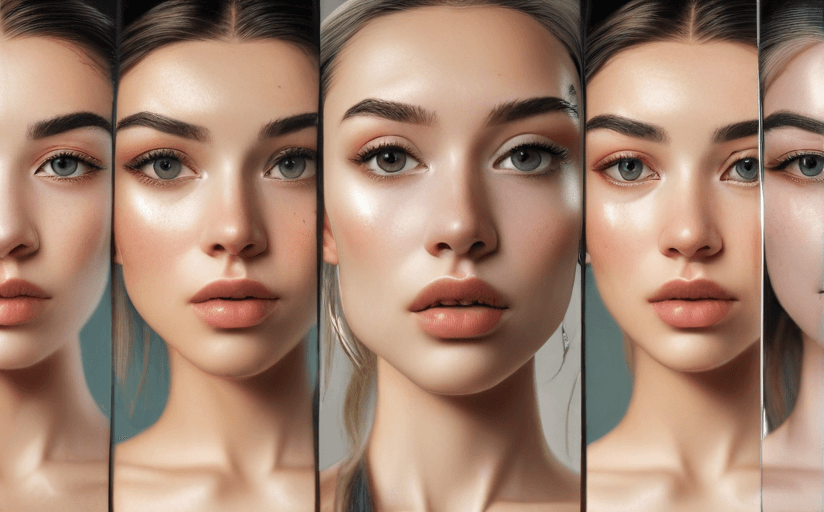Exploring the Impact: How Social Media Propagates Unrealistic Beauty Standards
Introduction
In the digital era, social media platforms such as Instagram, Facebook, Snapchat, and TikTok have become prevalent tools for communication, social interaction and content exchange. As such, they have played a significant role in molding societal norms, including those related to beauty and physical appearance. An unforeseen consequence of this is the proliferation of unrealistic beauty standards propagated through these platforms, causing profound psychological and sociocultural implications.
Unrealistic Beauty Standards in Social Media
The rapid spread and increasing influence of social media platforms have led to the emergence of an homogeneous aesthetic that promotes a certain body type, skin color, or facial features as the ideal form of beauty. This type of narrowly defined beauty standard undermines diversity and can have detrimental effects on the mental health of social media users who can't or don't want to meet these standards.
Psychological Implications
Several studies, notably the findings of American Psychological Association, highlight the correlation between social media usage and low self-esteem, body dissatisfaction, and eating disorders amongst adolescents and young adults. The constant exposure to 'perfect' images can create feelings of inadequacy, unattractiveness, and pressure to conform, leading to severe psychological distress.
Sociocultural Impacts
The perpetuation of skewed beauty norms also causes deep-rooted sociocultural impacts. This can reinforce harmful stereotypes and stigmas, further marginalizing sections of society who do not or cannot adhere to these standards. A study by ScienceDirect has associated this behavior on social media with increasing racial discrimination and colorism.
Countermeasures
Understanding these implications, it's critical to invest in countermeasures that promote more diversity and inclusivity in representation. This can include conscious content curation, implementing more stringent regulations on social media advertising, and promoting online conversations encouraging body positivity and self-acceptance.
Conclusion
As social media continues to grow in influence, it is crucial to take into account its effect on societal perceptions of beauty. Promoting a healthier, more inclusive understanding of beauty can lead to, not only improved mental health, but a more tolerant, diverse society.



















Comments
Leave a Comment